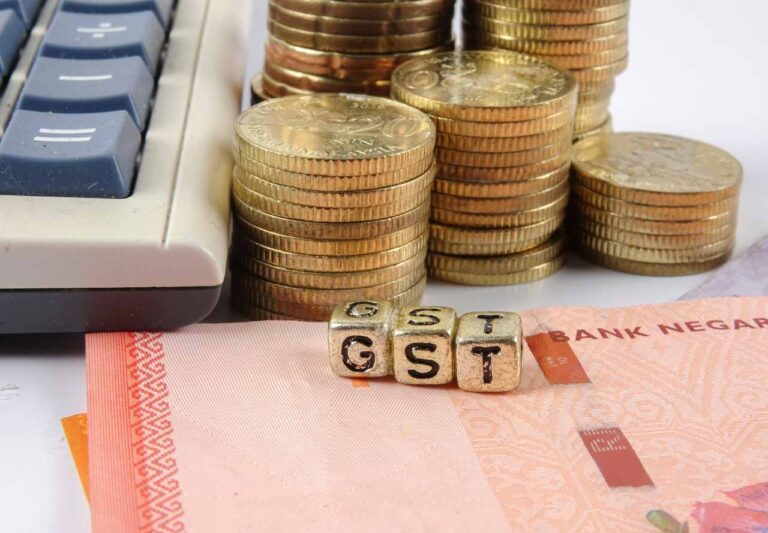
In India, the Goods and Services Tax (GST) is a consumption-based tax that is levied on the supply of goods and services. Businesses are required to register for GST under certain conditions. Here are the key eligibility criteria:
- Mandatory Registration:
- Turnover Limit: Businesses with an aggregate turnover of taxable supplies exceeding the prescribed threshold limit must register for GST.The threshold limit for GST registration is Rs.40 Lakhs (for goods) and Rs. 20 lakhs (for services)
- Special Category States: For businesses operating in states like Arunachal Pradesh, Manipur, Mizoram, Nagaland, Tripura, Sikkim, and Uttarakhand, the threshold limit is Rs. 10 lakhs.
- Casual Taxable Person: Individuals or businesses making taxable supplies in a territory where they are not liable to be registered under normal circumstances are required to register as casual taxable persons.
- Inter-State Supply: Entities making inter-state taxable supplies are required to register for GST, irrespective of turnover.
- E-commerce Operators: E-commerce operators must register, regardless of turnover, and collect tax at source.
- Voluntary Registration:
- Below Threshold: Businesses with a turnover below the threshold limit may voluntarily opt for GST registration.
- Input Tax Credit: Voluntary registration allows businesses to avail input tax credit on their purchases.
- Business Advantages: Some businesses choose voluntary registration to gain credibility, participate in inter-state trade, or deal with registered suppliers.
- Exports: Businesses engaged in the export of goods/services can benefit from voluntary registration to claim a refund of accumulated Input Tax Credit.
Voluntary Registration vs. Mandatory Registration:
- Mandatory Registration: Businesses that meet the criteria mentioned above must register for GST. Failure to do so can result in penalties.
- Voluntary Registration: Businesses that do not meet the mandatory registration criteria may choose to register voluntarily to avail of the benefits of input tax credit, participate in a broader market, or comply with the requirements of certain business partners.
It’s important to note that GST laws are subject to amendments, and it’s advisable to check the latest rules and thresholds with the official GST portal or consult with a tax professional for GST Registration in Gurgaon or the most up-to-date information. if you are looking for GST consultant in Gurgaon, you can contact us for best services.

